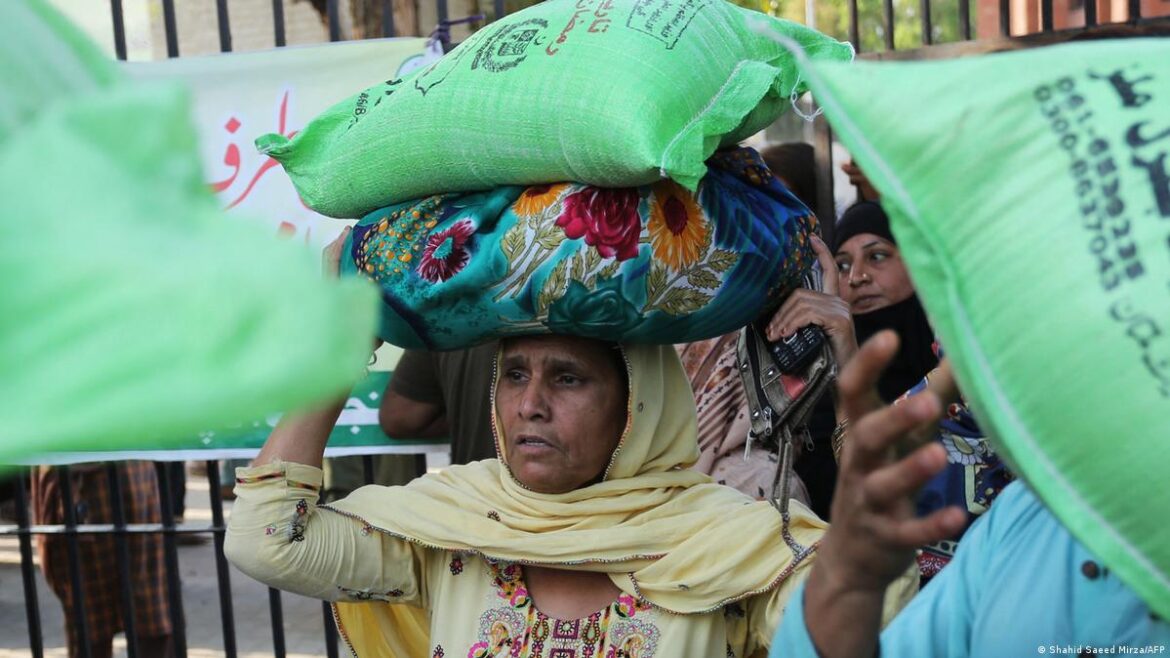By Staff Reporter
ISLAMABAD: Pakistan has surpassed Sri Lanka to become Asia’s fastest inflationary economy, with rising food and energy costs and a weaker currency driving price gains to a record in April, government data showed on Tuesday.
The Pakistan Bureau of Statistics said consumer price inflation rose 36.4 percent in April from a year earlier, the highest since 1964.
The rupee has declined 20 percent to the dollar so far this year, making imported goods more expensive, and transport prices rose 56.8 percent, while food inflation quickened by 48.1 percent.
Clothing and footwear prices gained 21.6 percent, and housing, water, and electricity costs rose 16.9 percent. Rural areas recorded food inflation of 40.2 percent, while food inflation for both rural and urban areas reached 48.1 percent, the highest since FY1964 when the bureau started recording the categories separately. Prices rose 2.4 percent in April.
The higher reading was expected due to hyperinflation in the food segment, and while the trend may continue for a couple of months more, the base effect is likely to kick in from June 2023, slowing the pace.
Analysts said inflation is expected to rise further after the government raised taxes and fuel prices to meet the International Monetary Fund’s (IMF) conditions for the revival of a $6.5 billion loan program.
The bailout funds would be crucial in helping the country to pay for essential imports like food and fuel and to avoid a default in the coming months. However, the IMF is seeking financing assurances before restarting aid.
A successful completion of talks with the IMF will eventually attract more capital inflows, stabilize the exchange rate, and alleviate inflationary pressures.
To curb price pressures, the State Bank of Pakistan hiked its benchmark interest rate last month to 21 percent, the highest since central bank data going back to 1956. The bank is unlikely to raise rates further despite the heating up of inflation in April.
Most analysts think that the bank has already lifted rates high enough and should wait to see the impact of the tightening it has already carried out.
The next monetary policy review is due on June 12, and recent data suggests that optimism about plateauing inflation is misplaced.
The finance ministry expects headline inflation to remain at elevated levels in the months to come, despite contractionary monetary policy by the central bank.
Projections suggest inflation will peak in May and then gradually slow as food prices cool and high year-earlier base effects kick in.
Copyright © 2021 Independent Pakistan | All rights reserved




